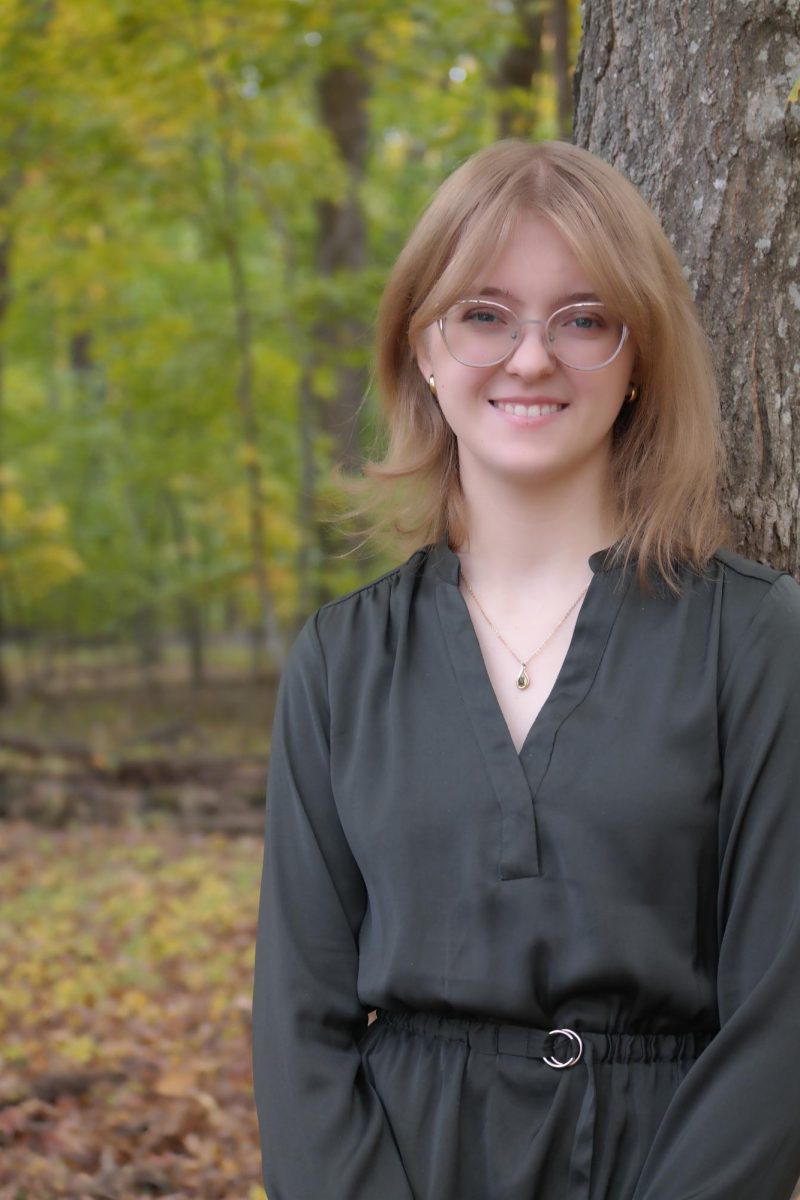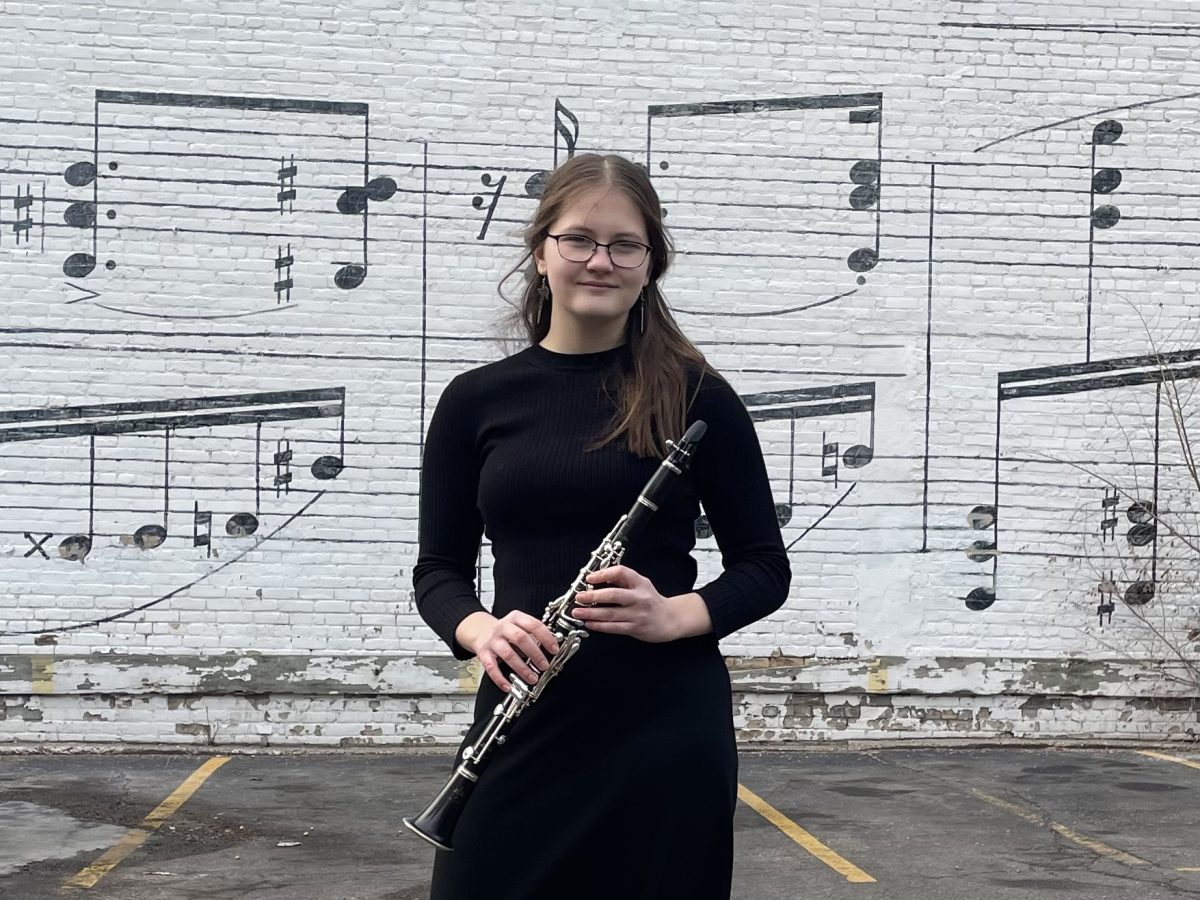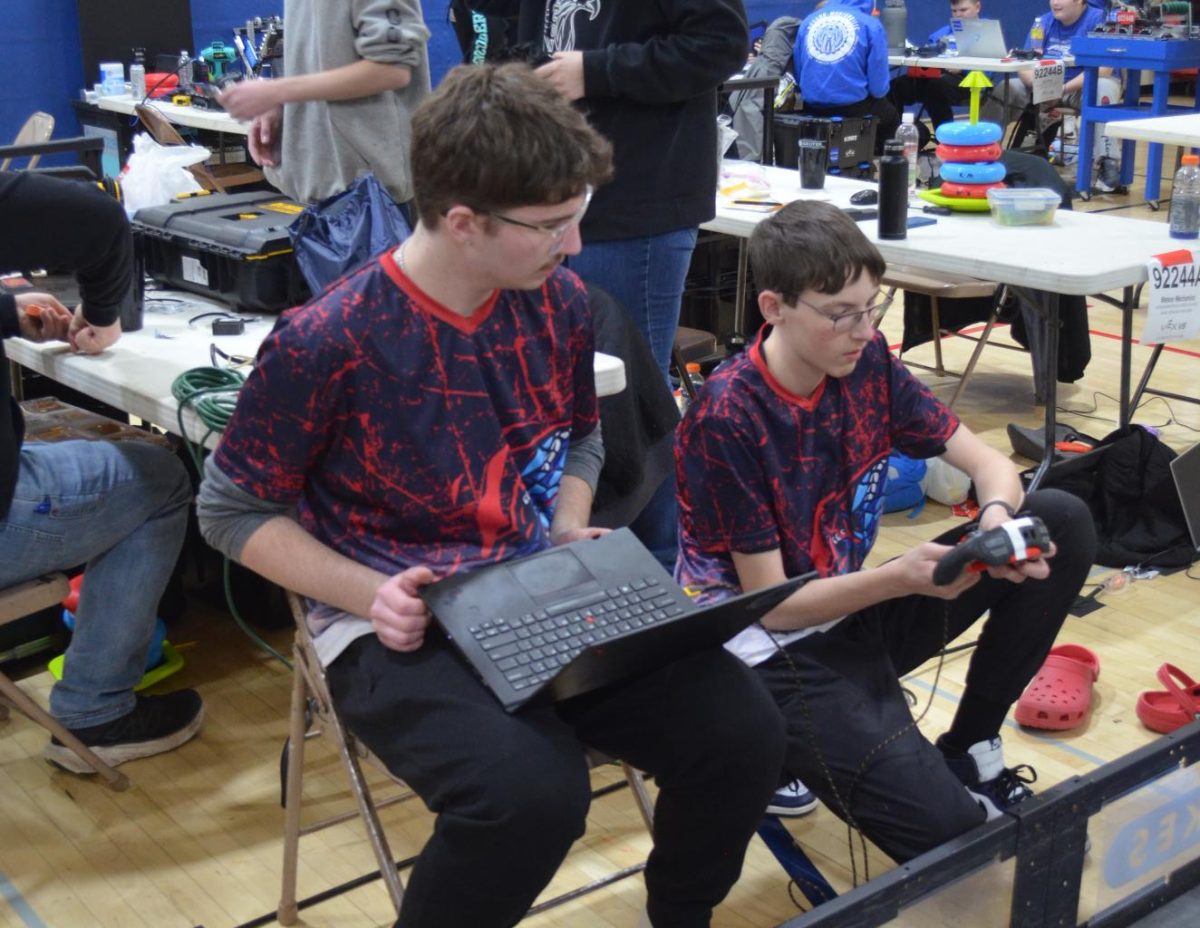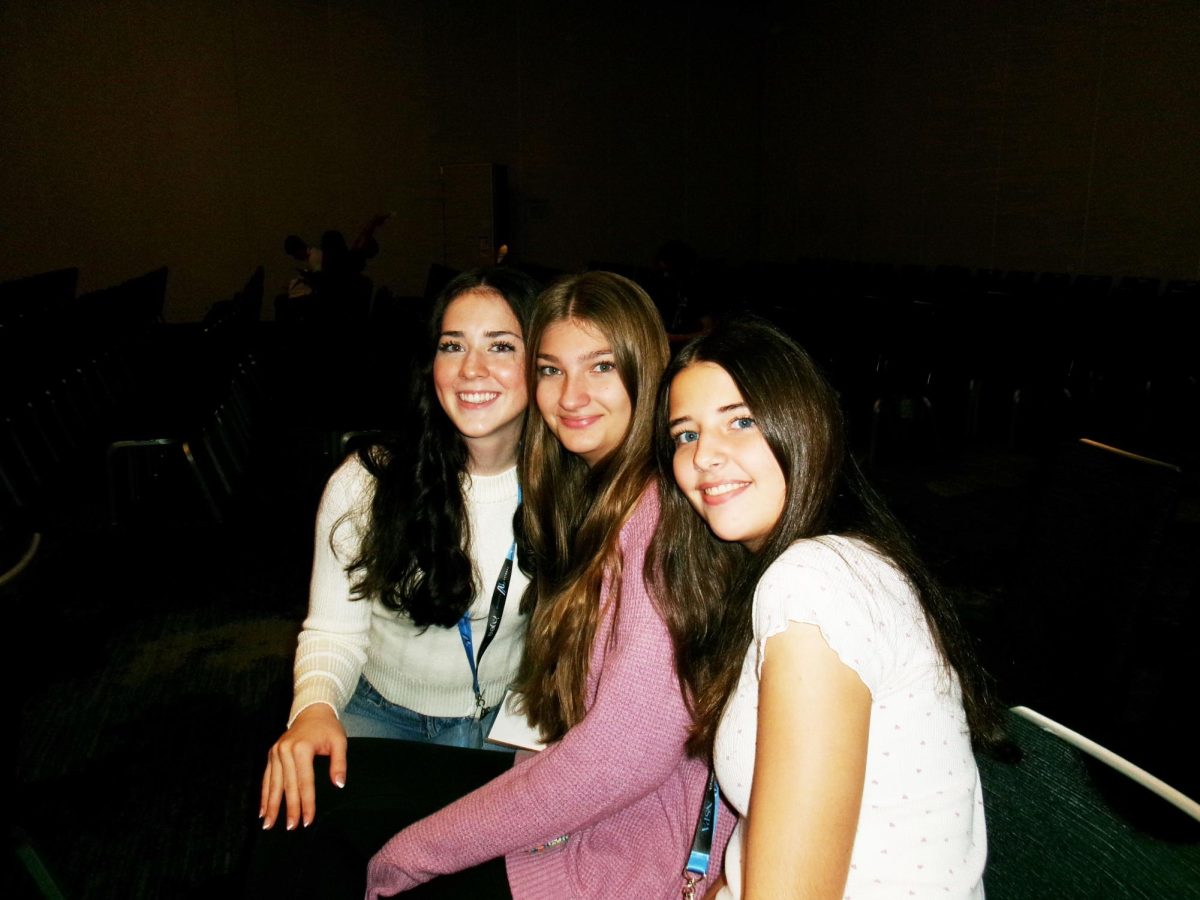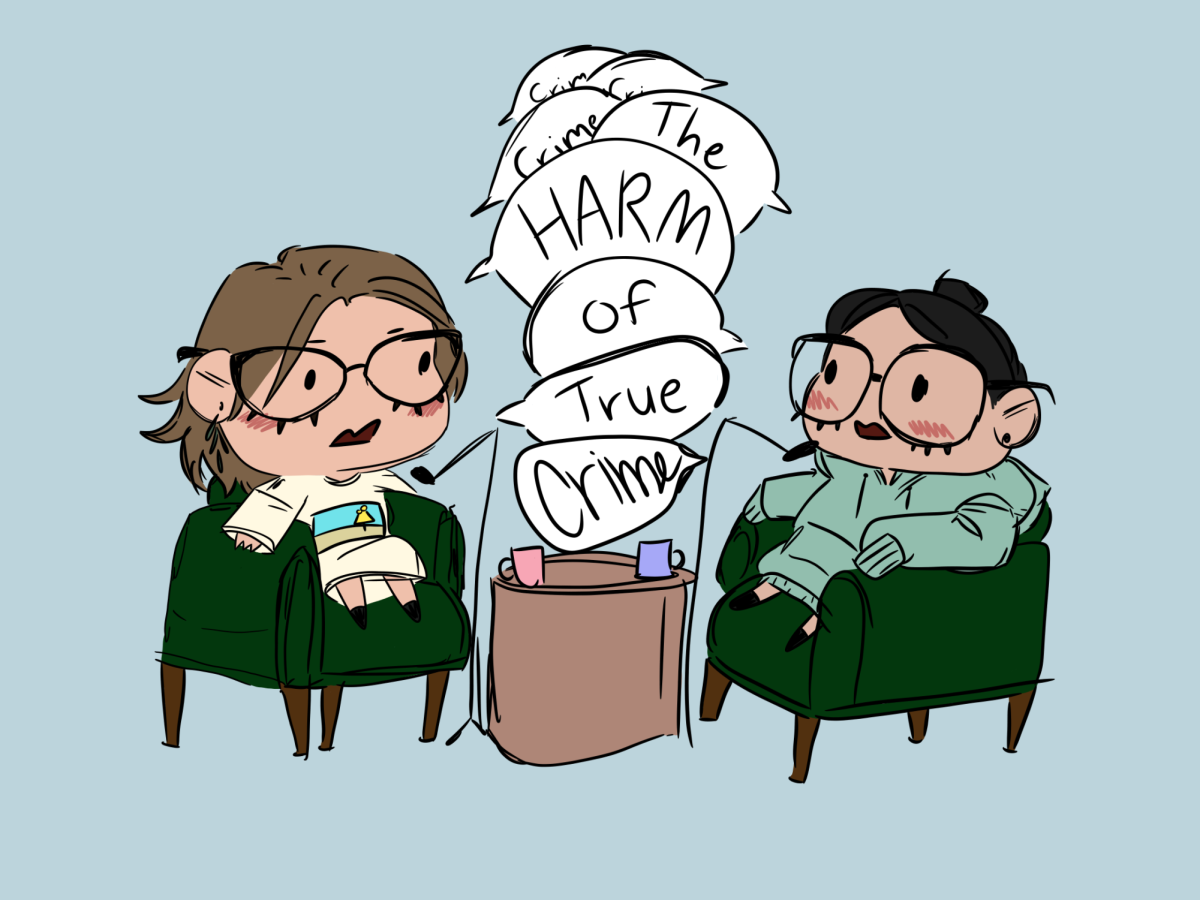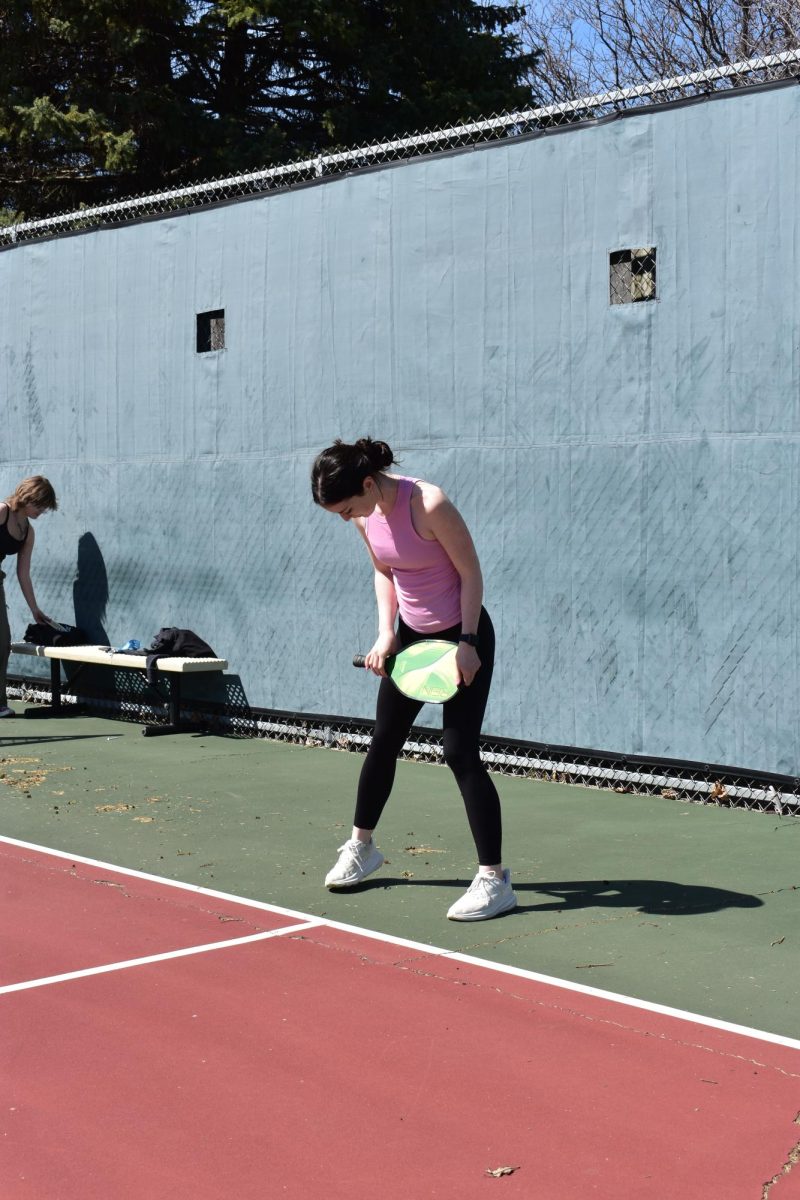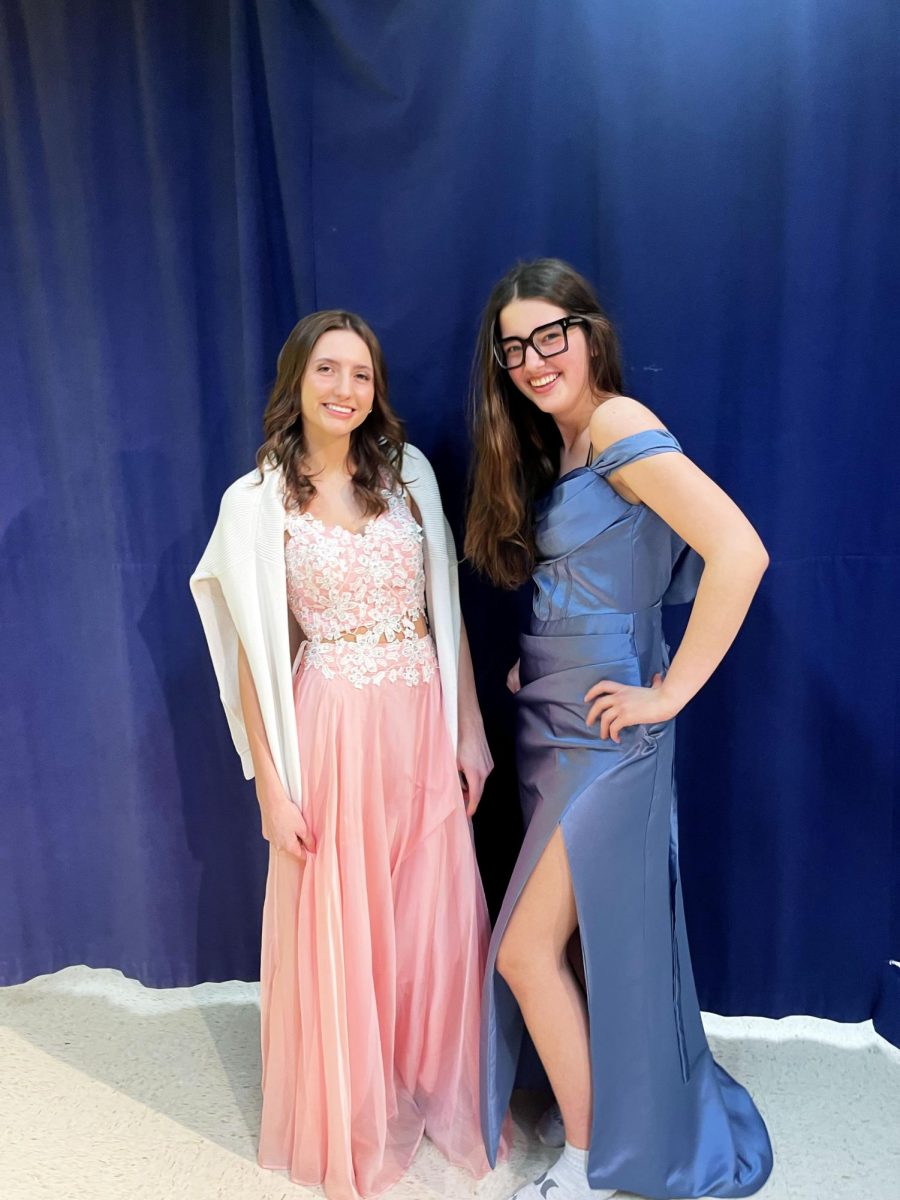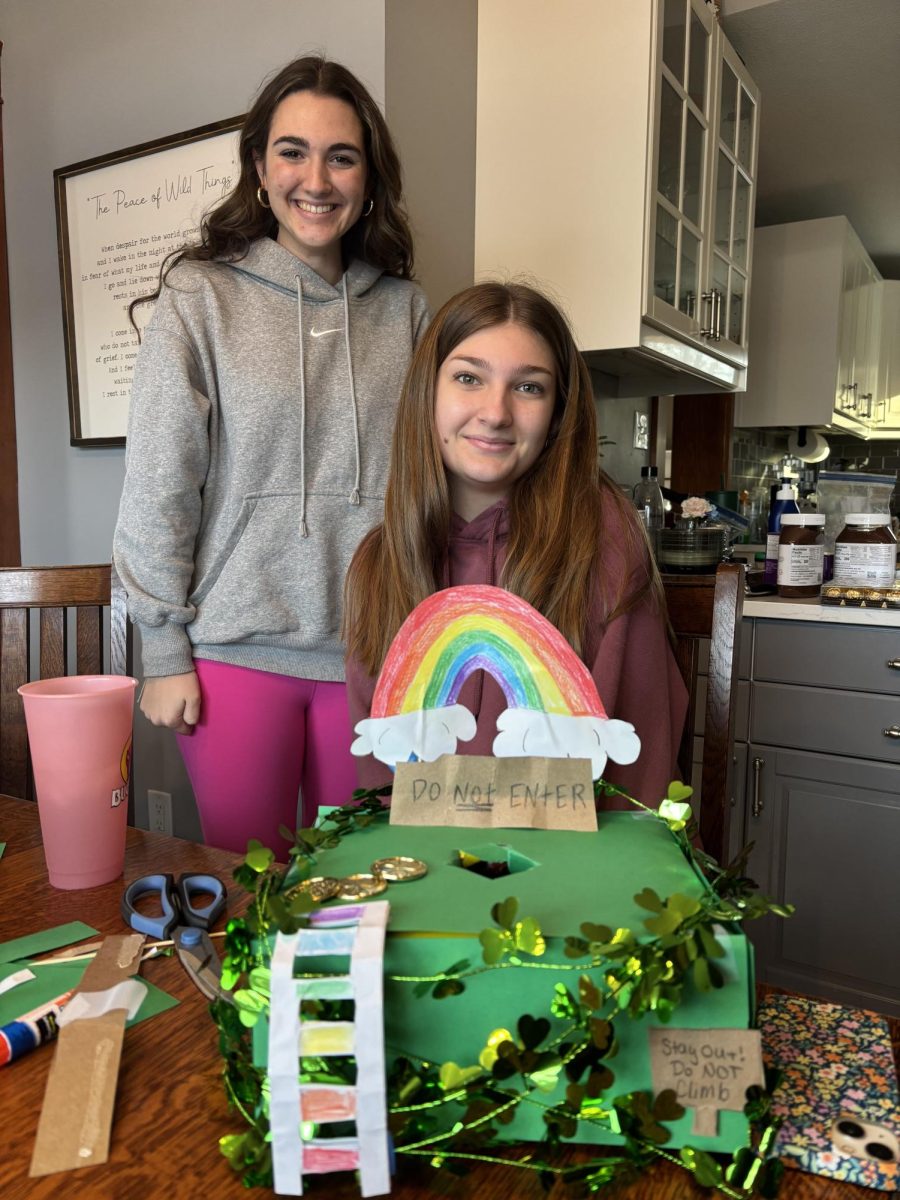Why Virtual Wednesdays Must Continue
One day off a month won’t destroy the learning process, but it will give students and staff alike a much-needed break
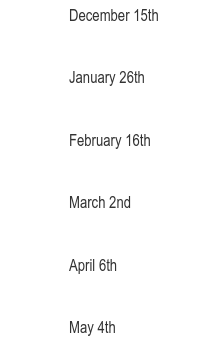
In December, District 241 began building in one “virtual Wednesday” each month. Such days were designated “off” days for students and staff to catch up on homework, but they also function as a moment of rest amid hectic schedules and life’s stress.
The past two years have been hard on everyone. People have lost family members, jobs, motivation and so much more. Though circumstances have improved slightly since the beginning of this global pandemic, life is nowhere near returned to the way it was prior to COVID-19’s invasion.
As a student, I’ve had my world turned upside down. I only got to experience two full years of high school, and that’s if you count eighth grade as a high school year.
My junior year, which is arguably the hardest year of high school, was a whirlwind of confusion due to constant changes in the learning environment. We transitioned from hybrid learning to distance learning to hybrid learning before finally finishing the year with completely in-person learning. No quarter was the same.
Even as a senior two years into the pandemic, my learning experience has not been the same. Just because most students are back in the classroom full-time does not mean that we are perfectly on-track with our learning when compared to previous years. In some of my classes, entire units were skipped or quickly glossed over in an attempt to cover the most important material.
Simply put, we are behind academically, socially and emotionally. It is unreasonable to expect that our students can just resume the learning habits that they had before March of 2020. It is dangerous to ignore students’ mental health needs and push them with the intensity of the years before 2020. It is insensible to deprive them of emotional support and rest days due to the misguided belief that, because COVID-19 is not as prevalent as it was in the beginning, everything has magically gotten better. The world, but more importantly, our community, must face the facts: we, the students, are exhausted and burnt out.
I can personally attest to feeling a loss of motivation. As a high-achieving student, I have managed to maintain good grades and extracurricular involvement even throughout the pandemic. But, as I count down the days until my graduation, I feel completely and utterly drained. I have little left to give in terms of effort.
Though my grades haven’t yet slipped, keeping up with my school work has become a nearly unbearable chore. I have found myself functioning on lower stores of energy than I thought possible. I run on several cups of coffee and caffeinated drinks every day, but still my eyelids begin drooping around 8 p.m.. The other day, I went home sick because I looked and felt like a corpse. I am the type of person to stick out a school day through the worst stomach aches, head colds and all types of ailments, so the fact that I went home due to sheer exhaustion should be alarming.
My involvement in my extracurriculars has sharply decreased. I am the president of Student Council, yet we haven’t met for over a month. I was the girls’ track and field manager, but after experiencing intense anxiety over all of the things on my plate and considering the fatigue I was already feeling, I quit. I quit an extracurricular activity. That is something I simply do not do. I see things through to the end. But I have reached my limit, and I truly never thought I would say that because I have always believed that I can do whatever I put my mind to. My mind, it seems, has shut down.
However, there has been one change in my academic life that has made a massive impact: virtual Wednesdays.
One day a month specifically designed to help students and teachers catch up on their work has made all the difference. For one day a month, I don’t have to run out the door at 7:15 to get to morning music rehearsals. For one day a month, I don’t have to sit in a classroom and get assigned additional work to do on top of the mountain that has already been laid on my shoulders. For one day a month, I can focus my energy on slowly picking away at my ever-growing to-do list and feel a little bit of the stress dissipate from my mind. For one day a month I can breathe.
This is a change in our school that must remain in future years. No matter how quickly our society wants to move forward, it is imprudent to act as if all of COVID-19’s damage can be undone in a matter of months. It will take years for our young population to heal, as they have had many of their critical developmental experiences robbed from them.
Our students will continue to feel burnt out and academically fatigued if they are not allowed adequate recovery time. Virtual Wednesdays give them a breath of fresh air and a chance to take care of themselves however they need. For some students, doing homework all day and making sure that they are on-track in their classes is what they need. For others who have finished all of their work, spending time with friends and having the freedom to practice hobbies and self-care is necessary. For all students, a mid-week break is what they need to make it to Friday.
Building virtual days into next year’s calendar is what is best for our students. They provide students with an opportunity to catch up on their schoolwork or take a break from the stress of everyday life. They are effective in keeping student motivation high and improving mental health. They will allow our society to begin mending the pandemic damage and will help our younger population develop into individuals who can contribute to the world despite the traumatic pandemic experience they have endured.


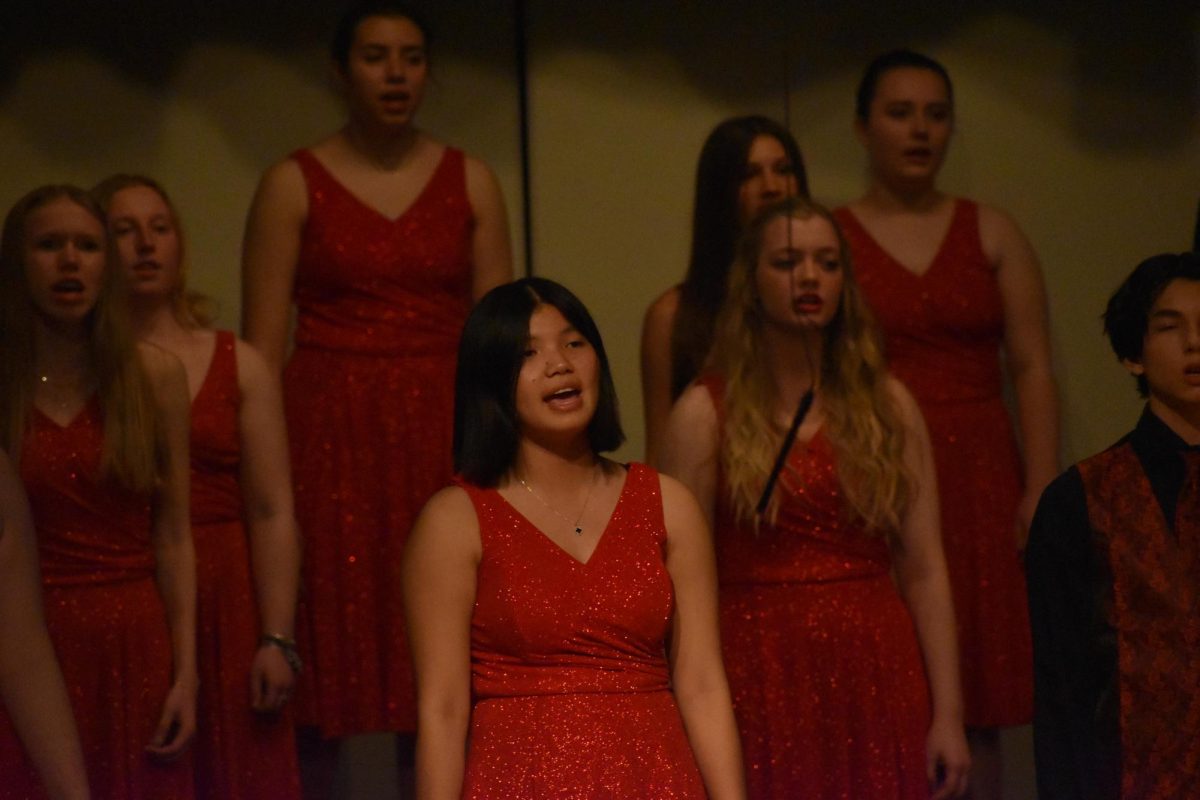
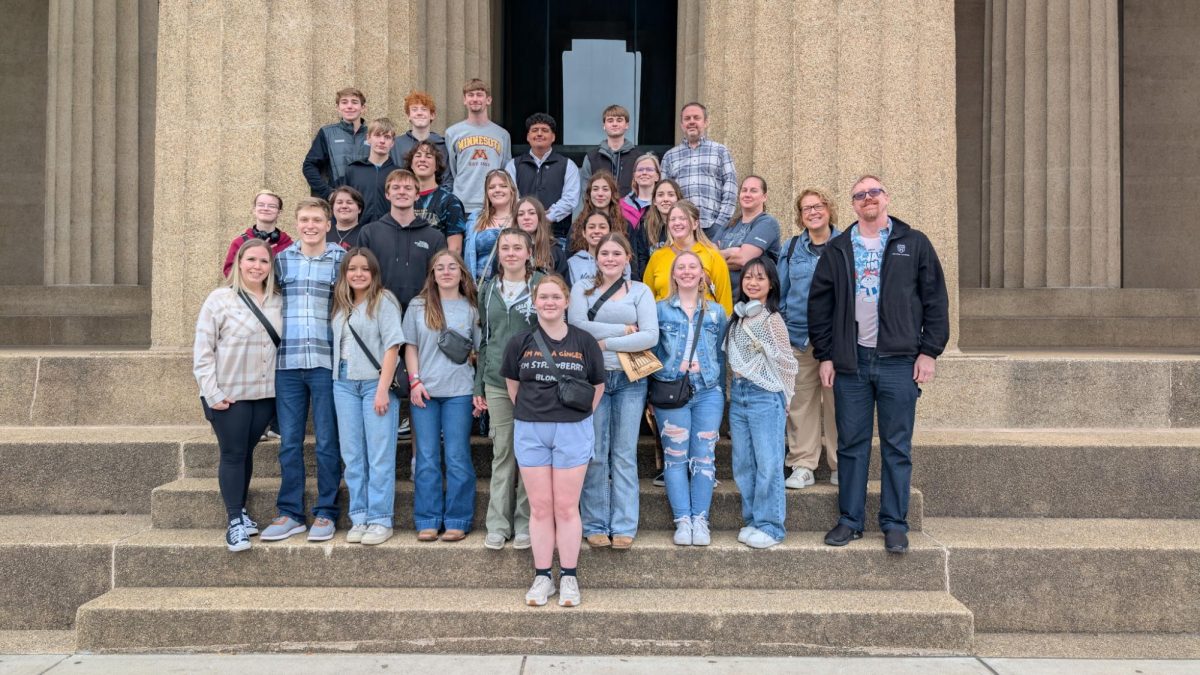

![At the pepfest on Feb. 13 the Winterfest Royalty nominees were introduced. There were two girls and two boys candidates from each grade. Royalty included Prince Axel Calderon (11), Jacob Miller (12), Princess Maya Fuller (11), Brecken Wacholz (10), Ethan Brownlee (9), Lord Given Saw (9), Lilly Elmer (9), Angela Buansombat (10), Queen Jenna Balfe (12), Hanna Austinson (11), Raegan Broskoff (8), Duchess Evalyn Holcomb (10), Jordyn Earl (8), and Lady Leighton Brenegan (9). Not pictured include: King Kaiden Baldwin-Rutherford (12), Piper Aanes (12), Blair Blake (11), Duke Kuol Duol (10), Thoo Kah (8) and Aidric Calderon (8). Student council member and Junior Prince Axel Calderon said, “It [the nomination] means that I’m kind of a student leader. I hopefully show younger kids what it means to be a part of the student council and lead the school.”](https://www.ahlahasa.com/wp-content/uploads/2025/03/front-page-1200x800.jpeg)


